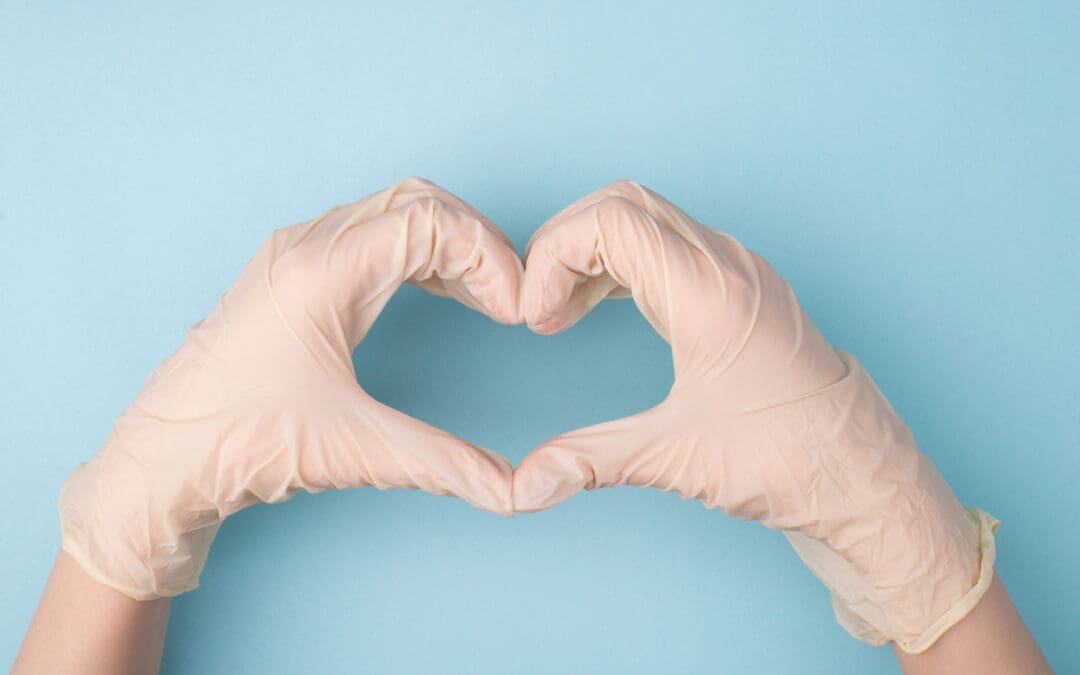Coronavirus Blog: How to Stay Physically and Emotionally Healthy Despite Social Distancing Measures

Social isolation, which we have all experienced during this pandemic, can have dangerous effects on our health–both mentally and physically. Read our blog to learn what you can do to protect yourself from the negative impact of social distancing.
As of early June 2020, nearly 7 million people around the globe had contracted SARS-CoV2 or the novel coronavirus. At the time of writing of this article, the US accounts for almost 30 percent of all worldwide cases, with almost 2 million infected individuals. Thanks to the courageous efforts of our dedicated healthcare workers, more than 700,000 people have already fought off the virus. Sadly, however, over 110,000 have already succumbed to it. Ron Bell Injury Lawyers would like to take this opportunity to express sincere appreciation to all members of our community who are on the frontlines of the fight against this pandemic. We also express our heartfelt empathy to those who have been personally affected by the outbreak–physically, emotionally, and economically.
While certain progress has been made towards the common goal of defeating the pandemic, it seems that the novel coronavirus will remain a major health concern for the months to come. In the US, many states have recently experienced a surge in new cases as they reopen their economies and ease restrictions considerably. However, we are all happy to note that in New Mexico, the coronavirus transmission rate was cut almost in half since late March and that the efforts to reopen the economy haven’t resulted in a surge of new cases so far.
Still, some of the most vulnerable members of our community–the elderly or those with preexisting conditions and the members of their families–may decide to continue employing strict social distancing measures or keep sheltering in place. Meanwhile, for the rest of us resuming normal activities, caution is called for on our part, because, as noted in The Albuquerque Journal, “small improvements in the rate [of transmission] can have a dramatic impact on the number of people who end up infected.”
That’s why in this blog we will review a few pieces of advice that will help all members of our community to take better care of their physical and emotional health during the remainder of this pandemic.
Recognize the Impact
In order to be able to tend to your physical and emotional needs during this pandemic, you first must fully recognize its impact. While staying at home may not seem to pose a great challenge in comparison to the existential threats faced by our grandparents or great-grandparents–such as war or famine–its impact on our well-being is considerable and cannot be ignored.
According to a preliminary review of scientific evidence, living in quarantine can result in a greater risk of a broad swath of adverse psychological conditions including anxiety, depression, anger, irritability, insomnia, and post-traumatic stress symptoms. What’s more, according to the Centers for Disease Control and Prevention (CDC), the outbreak of a pandemic like the one we are currently experiencing can induce a stress response in and of itself.
The results of prolonged pandemic-induced stress may include:
- Fear and worry about your own health and the health of your loved ones
- Changes in sleep or eating patterns
- Difficulty sleeping or concentrating
- Worsening of chronic health problems
- Worsening of mental health conditions
- Increased use of alcohol, tobacco, or other drugs
In view of the above, the CDC advises us to take a proactive approach and make an effort to combat personal stress while helping one’s family and friends cope with it effectively as well.
Take Positive Action
Realistically, then, it is normal to feel stressed and anxious at times like this. Yet, even though we cannot avoid stressful situations altogether, we can all take simple steps to manage our reactions to them. Here are a few ideas that may help you stay physically and emotionally healthy.
Limit your news intake
Without a doubt, staying informed is essential during a pandemic. However, checking the news obsessively at a time when most of it is negative may translate into further stress and anxiety. In addition, being indiscriminate about one’s news intake can also put a person at risk of encountering and acting upon wrong or misleading information. Therefore, limit how often you check the news and stick to trustworthy sources like your local health authorities, the CDC, or even international bodies like the World Health Organization.
Regain control
During a pandemic, there are a number of things no one can control. For example, no one knows exactly when the outbreak will end, how many waves of the disease we will experience, or how great the economic impact will be. Ruminating on the things we cannot control, though, can be counterproductive and cause unnecessary anxiety. On the other hand, focusing on things each one of us can control can be liberating.
This may include taking positive actions in order to protect yourself, your family, and your local community from the pandemic. Such actions may be simple and include:
- Following the latest social distancing guidelines from your local authorities
- Washing your hands frequently and for at least 20 seconds
- Using hand sanitizer that contains at least 60 percent alcohol
- Avoiding touching your face
- Avoiding crowds and gatherings with a significant number of people
- Keeping a distance of at least 6 feet in public places
- Keeping your immune system strong by getting enough sleep, exercising, and eating healthy
- Sheltering at home as much as possible
Stay connected
As mentioned, social isolation and loneliness pose a variety of health risks. Above, we mentioned some of the possible negative effects for mental health, but loneliness is also linked to certain physical conditions such as high blood pressure, heart disease, obesity, and a weakened immune system.
Therefore, make it a point to stay connected electronically with your friends and family members. Prioritize those who are especially isolated because they live alone, are elderly, or have preexisting conditions and need to maintain strict social isolation. Schedule time each week to connect with those who are most important to you via Skype or Zoom and make sure they are staying safe and healthy as well. You can also use social media to increase the feeling of being part of a larger community (unless you notice that posts on your social media feeds aggravate your anxiety or negatively affect you in other ways).
If you are looking for more helpful information about how to cope with the challenges of the pandemic, and especially if you need to learn how the current situation may affect personal injury claims, have a look at our previous blog posts in the coronavirus series:
- Coronavirus Blog: Ensuring You and Your Family Stay Safe
- Coronavirus Blog: Here’s What You Need to Know About Dog Bite Claims
- Coronavirus Blog: Coronavirus and Auto Accident Claims
Why Choose Ron Bell Injury Lawyers?
We Get Results!
